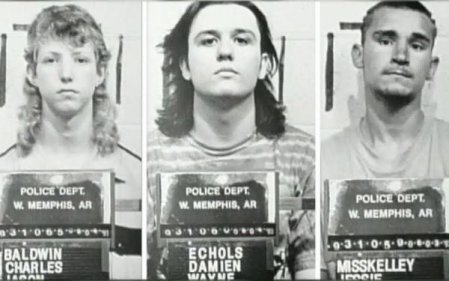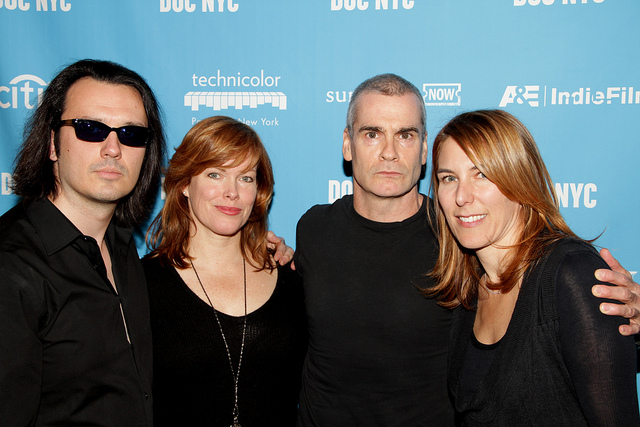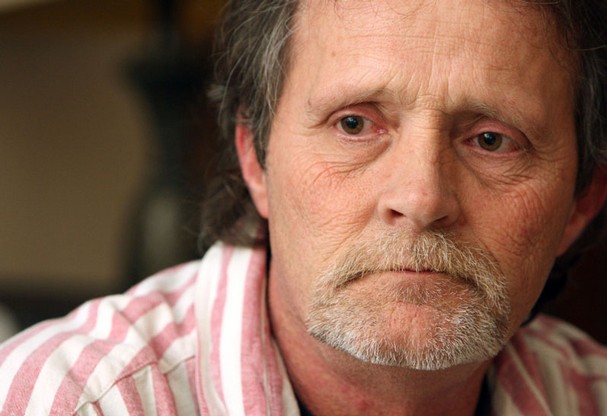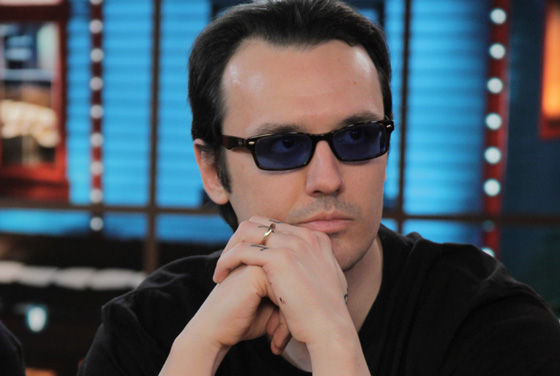|
West
of Memphis is
a documentary
of such clarity and precision that its findings will leave you rattled
by a
heinous crime but also convinced by how methodically researched and
argued it
is. This is a powerful example of how cinema can be used as an
expression of
fact and director Amy Berg utilises this strength to persuade and then
allow
you to draw your own conclusions about the tragic case.
With
a story that
reads like a Hollywood thriller, and one that has been embraced by
celebrities
in several different ways, there are numerous facets to the tragedy
that are
examined in great detail. Although the case has been covered between
three HBO
films called Paradise Lost,
this is one single
film that reflects on the police corruption, sensationalism and the way
that
minorities and people of low economic status are discriminated against.

The
film documents a
terrible crime in the city of Memphis in 1993, where three boys were
found
dead. Their bodies were also mutilated and this was said to be part of
a
satanic ritual. The satanic element of the crime led the police to
arrest three
teenagers who became known as the West Memphis Three.
Damien
Echols' interest in dark magic
made him an easy target for the police and was sentenced to death. The
other
two boys were Jessie Misskelley, Jr., who people said was mentally
handicapped,
and Jason Baldwin, whose brave decision would affect the lives of the
other as
much as his own. These two were both given life sentences. The boys
would spend
eighteen years in prison, but due to the efforts of people fighting for
their
innocence they were able to enter a complicated plea asserting their
innocence
but acknowledging the states guilty ruling too. They were released from
prison
the very same day.

The
documentary is insightful towards
the inconsistencies of policing methods and the evidence used to
convict the
teens. Police interview recordings show how they interrogated rather
than
interviewed the boys and then coached the confessions from them,
drawing the
answers they wanted to hear. Years later, witnesses also admitted to
lying and
changing their stories too. Another important lapse is the discovery of
the
murder weapon, the knife. Its location was predetermined so early that
the
media was alerted before it was found. The markings on the bodies are
also said
to be from an animal like a turtle, not the knife.
A
crucial turning point in the
documentary is when the film argues persistently about the suspicion of
Terry
Hobbs. He was the stepfather of one of the victims, Stevie Edward
Branch.
Venturing onto Hobbs' own personal blog, he is still adamant that there
is only
speculation about the murders, citing an article from the father of one
of the
boys, who revokes the claims made against Hobbs. I wonder what the
father will
make of this film. It covers Hobbs' own violent history, including
domestic
assault, as well as his constant passivity towards questions over his
flawed
alibi. By the end of the film I was certain he was guilty.

Numerous
famous people also believed in
the innocence of these teens too, the most prominent of which is
filmmaker
Peter Jackson. He helped arrange for sophisticated legal aids to be
brought in
and to reassess the case. Other celebrities like Johnny Depp and
various
singers addressed the issue. It is also interesting to note how this
story is
being addressed by Hollywood too in a feature film.
It's
not hard to see why. The crux of
this story could be read as a feel good story about bravery and the
determination for the truth. But it is also a sad story about damaged
relationships, including Hobbs' own daughter Amanda, who had a
fractured life.
While in gaol, Damien started a relationship with Lorri Davis from the
outside. She supplied him with books and they decided to wed before he
was
free.

Furthermore,
the film is also an
examination of the impulsiveness of small, insulated communities to
demand
answers, whether they are accurate or not. One man interviewed states:
"The community was relieved to have someone behind bars. They didn't
have to
be scared anymore". I hope these layers, along with the fear of the
unknown and religious fanaticism, aren't lost in the fictional
adaptation.
It
is difficult to
state what makes the documentary so compelling. The true story speaks
for
itself: it's embedded in many complex twists and examples corruption
and the
failure of the justice system. But it is the coherency of the
material, the clarity of the filmmaker's arguments, including how this
content
is presented through techniques like juxtaposition, which casts this as
a
thoroughly researched piece. It supplies two of the most important
staples of
any documentary: it informs and convinces.
|